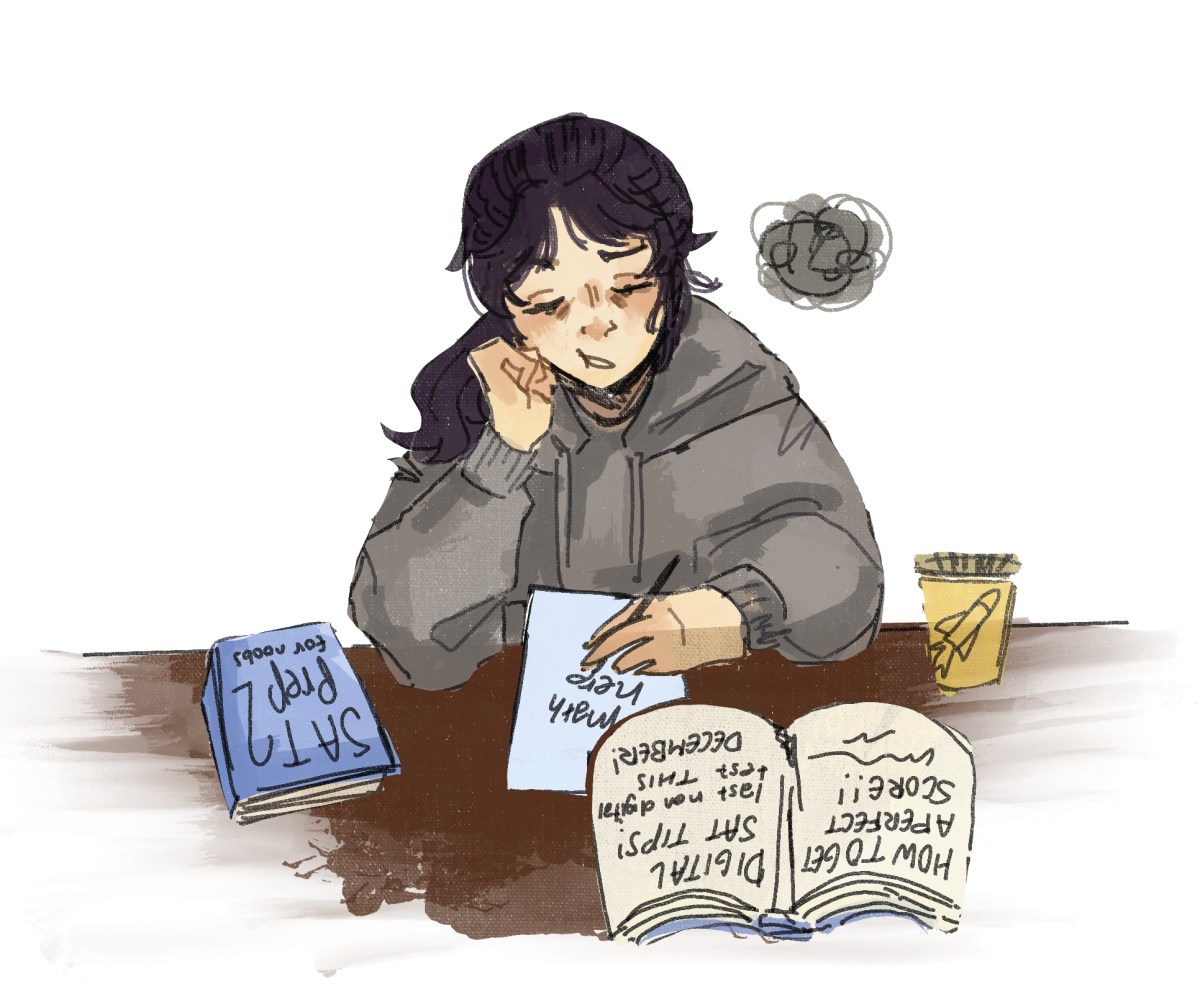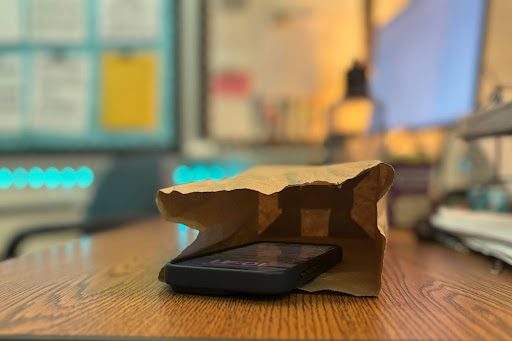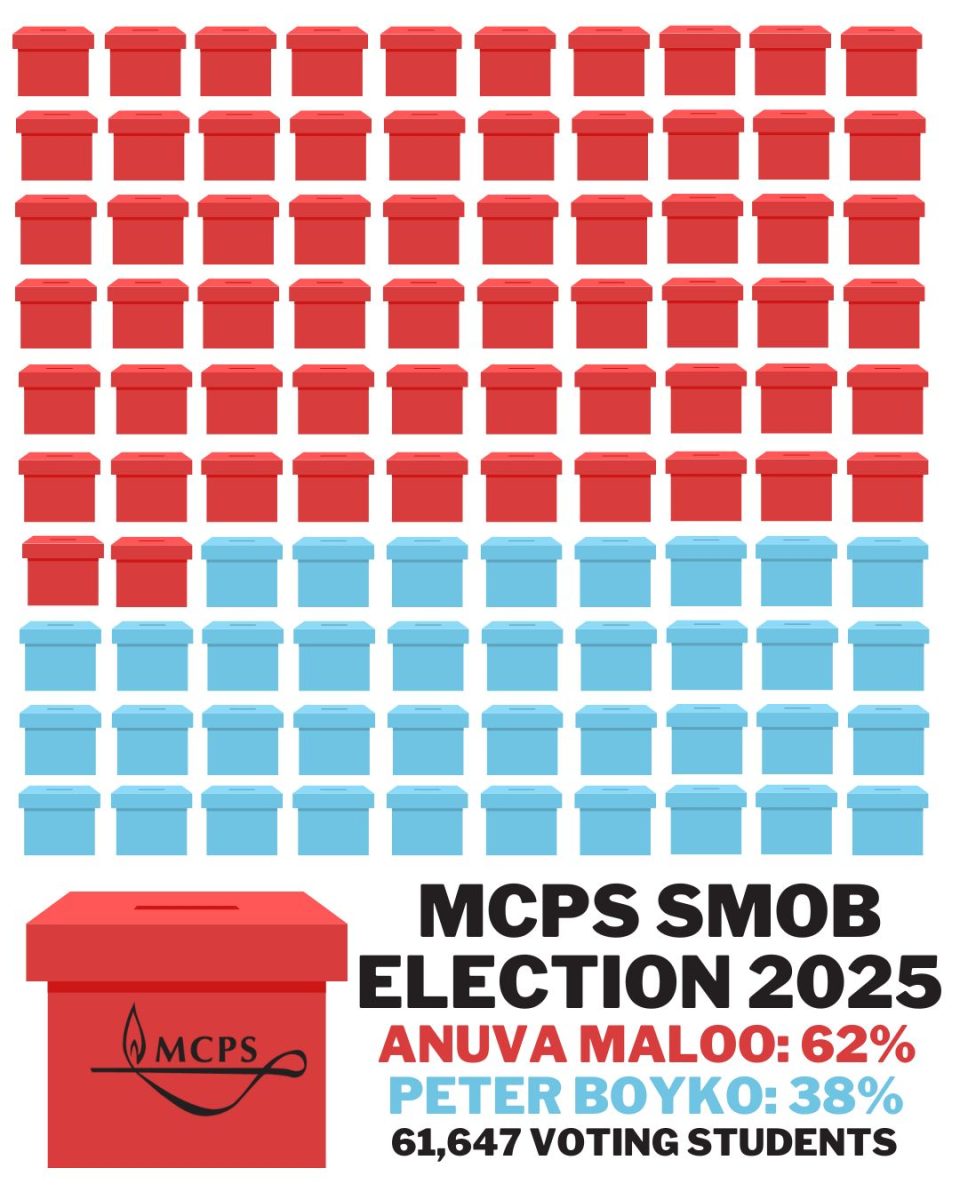On Friday, Jan 10, the US Supreme Court heard oral arguments arguing for and against a law requiring Tiktok’s owner company, ByteDance, to sell all its U.S. operations before Jan 19 or face a country-wide ban. The law, entitled the Protecting Americans from Foreign Adversary Controlled Applications Act, was passed in Congress last year and signed by President Joe Biden in April 2024, and since then, congressional hearings and lobbying efforts have been conducted debating the future of this ban.
TikTok, initially released in September 2016, is a Chinese-based short-form content platform that allows users to merge photos, music, filters and videos and post them to the “For You Page”. Each user’s “For You Page” is customized to their interests based on an algorithm, showing them videos similar to ones they have interacted with in the past. According to eMarketer estimates, TikTok has 1.04 billion active monthly users and 170 million active monthly American users.
If ByteDance fails to sell TikTok before the deadline, app usage will be limited for the over 170 million US users. The exact effects that users will experience are unknown, but it is expected that the US government will ban app stores, like Apple and Google, from carrying Tiktok. The proposed ban would keep anyone from downloading the app for the first time, and existing American users wouldn’t be able to update the app, leading to bugs, system errors, and eventual unusability.
TikTok is commonly used among teens, with 58% of teens using TikTok daily, including 16% of teens who describe their use of TikTok as “constant” in 2024, according to the Pew Research Center. TikTok’s design is conducive to teenage engagement and interaction. “Today, teenagers are really busy, so the short videos are perfect,” senior Naomi Kiawu said. “If you don’t want to keep watching something, you can scroll.”
Other countries around the world have taken action against TikTok in recent years. In November, Canada forced TikTok to close all their national offices, without impacting user access to the app. India imposed a ban on TikTok in 2020 surrounding privacy concerns. In December 2022, the US House of Representatives barred TikTok from any House technology, and Biden signed the No TikTok on Government Devices Act, prohibiting the download of TikTok on devices owned by the federal government. “Is this really that important? Personally, I think there are better things to spend government time and resources on,” Kiawu said.
On Jan 13, Massachusetts Sen. Ed Markey (D-MA) introduced the TikTok Deadline Act, which if passed would extend the deadline for ByteDance to sell the app by 270 days. Senator Markey addressed the severe consequences that the U.S. would face if the app was banned and the cultural influence of the app since its creation. “These communities cannot be replicated on another app. A ban would dismantle a one-of-a-kind informational and cultural ecosystem, silencing millions in the process,” Markey said in his remarks to the Senate.
For some students, the possible elimination of TikTok in the US isn’t a concern. “I watch Instagram Reels instead,” senior Angelina Nguyen-Nhu said. “The [TikTok] ban won’t really affect me.” In 2024, TikTok users spent on average 58 minutes on the app every day, with 22% of teens spending 2-3 hours on TikTok per day. “Not being able to use TikTok would probably change my everyday life for the better,” senior Norman Meyer said. “I definitely would be more productive after school.”
Other short-form video platforms exist, including the Reels feature of Instagram and the Shorts feature of Youtube, but they lack the popularity among teens that TikTok possesses. Lemon8 is an app almost identical to TikTok that has surged in downloads since the ban was passed, but since it is owned by ByteDance, it could be subject to the same ban in the future. RedNote, another social networking app, is hugely popular in China and is marketed as a combination of Pinterest and TikTok. Many students are skeptical of these TikTok alternatives. “No other app will ever be the same as TikTok,” Kiawu said. “Maybe I would download one of those new apps, but it wouldn’t be as special.”
Sen. Markey addressed the shortcomings of the app in his remarks, saying that despite important concerns, TikTok’s influence should be protected. “Like every social media platform, TikTok poses a serious risk to the privacy and mental health of our young people… But a TikTok ban would impose serious consequences on millions of Americans who depend on the app for social connections and their economic livelihood,” Markey said. By holding the app accountable for its influence and imposing security restrictions, Markey believes that TikTok can be used as a resource.







